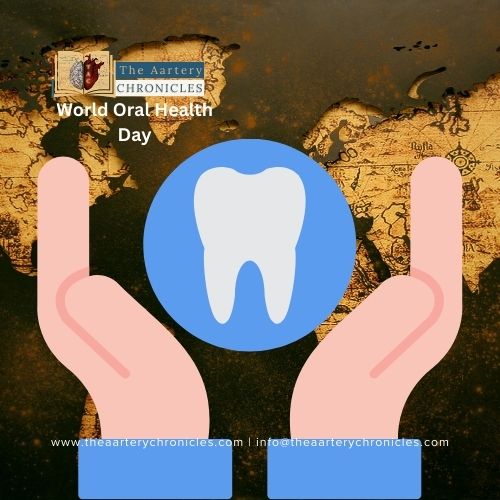

Household Chemicals Linked to Neurological Disorders: Ammonium Compounds and Flame Retardants Under Scrutiny
The Impact of Household Chemicals on Neurological Conditions
A recent research article published in Nature Neuroscience has highlighted the role of two chemicals found in everyday household items in contributing to the onset of neurological conditions such, as autism and multiple sclerosis. The research, which examined over 1,800 household chemicals, pointed out ammonium compounds (QACs) and organophosphate flame retardants as substances that could be harmful to brain function.
Understanding Ammonium Compounds and Organophosphate Flame Retardants
Quaternary ammonium compounds are frequently used in personal care products like body washes, fabric softeners and shampoos as some disinfectants. On the other hand organophosphate flame retardants can be found in devices and certain construction materials. Both these chemicals have been linked to effects on oligodendrocytes cells responsible for maintaining the brain and spinal cord health through myelin production essential for efficient nerve signal transmission.
Role of Oligodendrocytes in Brain and Spinal Cord Health
Lead researcher Paul Tesar from the Institute for Glial Sciences at the School of Medicine emphasized the vital role oligodendrocytes play in the well being highlighting their decline as a contributing factor to conditions like sclerosis. The study revealed that quaternary ammonium compounds could lead to death while organophosphate flame retardants hindered their growth
Research Findings: Effects on Oligodendrocytes Revealed
Using cellular and organoid models, the study provided evidence of how these chemicals compromise oligodendrocyte health, which was further supported by mouse models reflecting the detrimental effects observed in vitro.
Implications for Human Health: Correlation with Neurological Outcomes in Children
Furthermore, a correlation has been established between exposure to one of these chemicals and adverse neurological outcomes in children. This underscores the imperative for additional research to comprehensively grasp the implications of human exposure on brain health.
Source: Inputs from various media Sources

Priya Bairagi
- Medicine
- Nutrition And Diet












